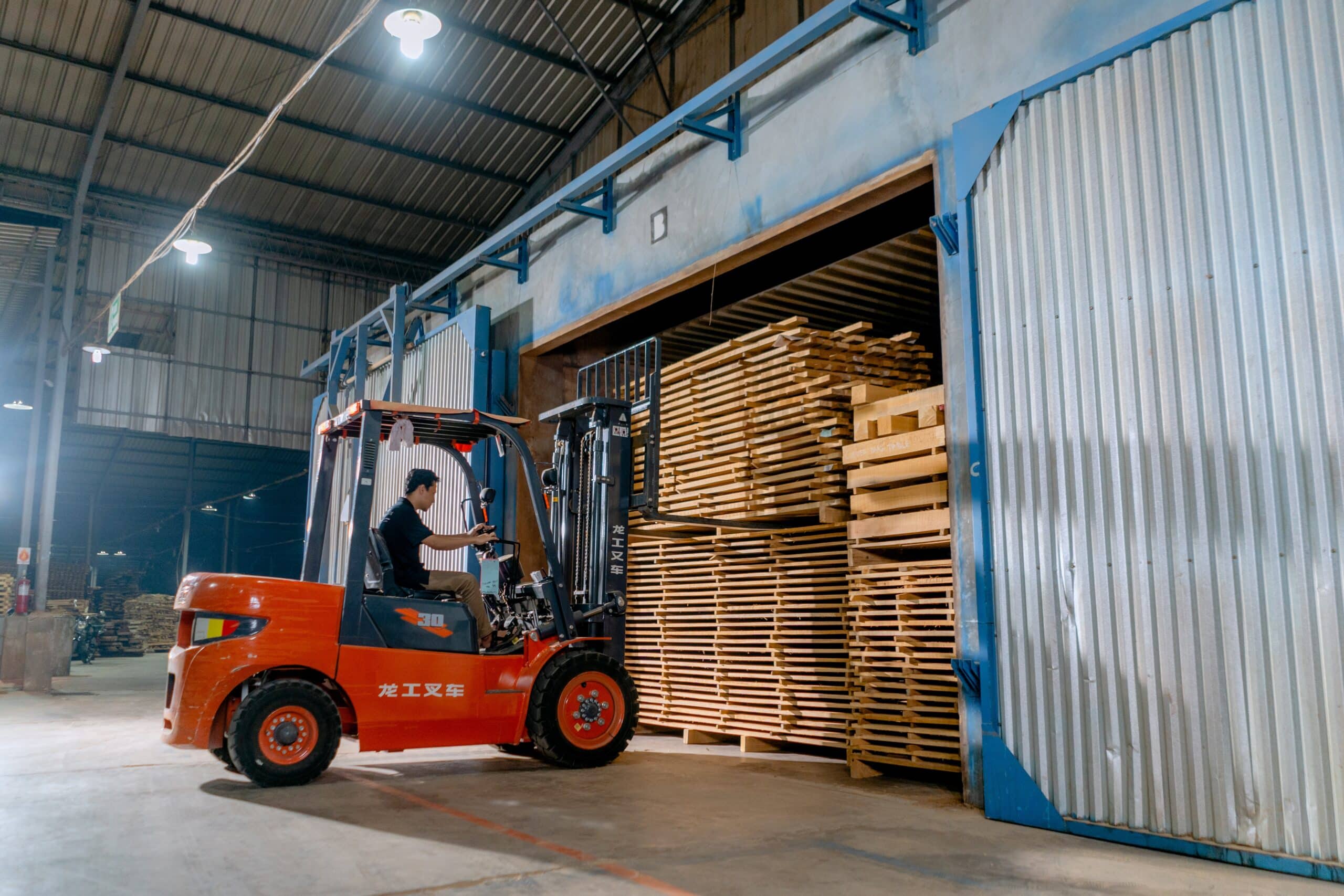
Everything You Need to Know About Lift Operators
There are a variety of industries where lift operators are essential to the effective and secure transportation of materials and goods. These specialists are necessary for facilities to run smoothly, whether it’s a manufacturing plant, warehouse, or building site.
What is a Lift Operator?
A lift operator, sometimes referred to as a material handler or forklift operator, is in charge of using forklifts and other equipment to transport, find, and shift goods as well as stack and count them. They are needed in places like warehouses, building sites, and industrial areas where moving large materials must be done.
Key Responsibilities of a Lift Operator
One of the main responsibilities of a lift operator is operating machinery. This involves operating forklifts and other lifting equipment to transport materials safely. They also will b expected to load and unload goods from trucks, pallets, and shelves, making sure the materials are handled with care in order to prevent damage.
Another responsibility of this common warehouse job is inventory management. They help with tracking inventory, ensuring that items are accurately logged and stored. Lift operators are also expected to adhere to safety regulations and company policies to prevent accidents and injuries. This goes hand in hand with equipment maintenance. Lift operators should perform routine checks and maintenance on forklifts to make sure they are in good working condition.
Skills and Qualifications
In order to succeed as a lift operator, the following abilities are important:
Certification: A lot of firms require that lift operators have a certification from an accredited training program. This certification guarantees the operator’s knowledge on operating procedures and safety rules.
Physical stamina: Handling heavy items and operating machines for a long amount of time requires strength and stamina, which can be physically demanding on the job.
Attention to detail: Accuracy is essential in this position to prevent mishaps and ensure that materials are handled properly.
Communication Skills: Coordinating with teammates and comprehending instructions require effective communication skills.
Problem-Solving Skills: Lift operators frequently run into difficulties and must act fast to find solutions without sacrificing efficiency or safety.

Education and Certification
Completing a training program that covers both the theoretical and practical aspects of forklift operation is necessary to become a qualified lift operator. Usually, these programs consist of:
Classroom Instruction: Students will learn about operating methods, maintenance requirements, and safety standards.
Hands-On Training: Practice using forklifts under the supervision of a certified instructor is an example of practical experience.
Assessment: Final evaluation to ensure the student can operate the equipment safely and efficiently.
Specialized training facilities, corporations, and vocational institutions frequently provide certification programs. The Occupational Safety and Health Administration (OSHA) establishes requirements for certification and training of forklift operators.
Safety Points to Remember
As a lift operator, safety is of the utmost importance. Among the crucial safety procedures are:
Pre-Operation Inspections: Assuring that the forklift is in excellent operating order before using it.
Proper Load Handling: Making sure loads are balanced and fastened to avoid tipping or falling.
Being Aware of the Environment: Keeping an eye out for obstacles, other workers, and environmental changes.
Utilizing Safety Equipment: Wearing the proper personal protective equipment (PPE), such as boots, gloves, and helmets.
Following Protocols: Consistently following the safety policies and procedures of the company.
Opportunities for Career Advancement
There are many career possibilities available to lift operators. With more training and experience, they can progress to positions like warehouse supervisor, logistics coordinator, safety manager, or trainer/instructor. Warehouse supervisors lead a group of lift operators and monitor the day-to-day activities of a warehouse. A logistics coordinator plans and oversees the flow of supplies and goods throughout an organization. A safety manager guarantees worker safety and complies with safety regulations. A trainer/instructor provides new lift operators with the knowledge and safety procedures needed to earn a certification.
Job Outlook and Pay
Because lift operators are important to so many different businesses, there is always a need for them. The Bureau of Labor Statistics reports that in 2020, the median yearly salary for lift operators and material handlers was $37,630. Salary levels can be influenced by many factors, including industry, location, and experience.
In various industries, lift operators are essential to the effective and secure transportation of supplies. Lift operators can enjoy stable and fulfilling careers provided they have the necessary education, training, and dedication to safety. You can succeed in this career whether you’re just starting out or hoping to move up in the industry by being aware of the duties and requirements.
Next Steps
At NCW, our recruiters are dedicated to making personal connections with every job seeker. We don’t want to just help you find your next warehouse job, we want to match you with a company and role that will accelerate your career to wherever you want to go. We’ll handle all the boring admin stuff—resume prep, interview scheduling, contract negotiations—so you can focus on what you do best. Plus, NCW offers ongoing support throughout your role to help you keep climbing the career ladder.
Ready to discover your success in the field? Connect with a recruiter and find work in carpentry today!
Submit your Resume Here
Click Here to Meet the NCW Team
